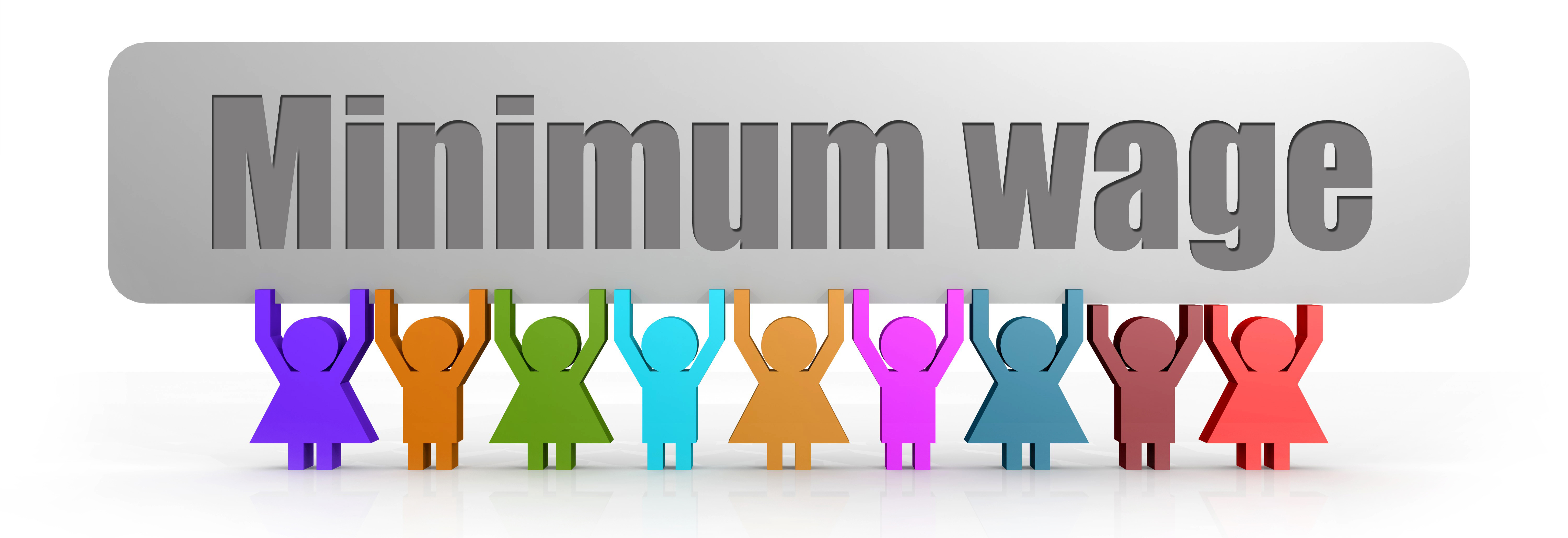Kerby Anderson
With the latest push for a $15 minimum wage, it is worth revisiting why many economists and politicians feel it is bad economic policy. Scott Morefield describes some of the consequences of doubling the minimum wage.
The first objection is that it will destroy jobs. The Congressional Budget Office estimates that upwards of 1.4 million jobs will be lost if the $15 minimum wage goes into effect. Raising the minimum wage helps those who keep their jobs, but it hurts those who lose their jobs because an employer cannot keep them on the payroll.
I recently saw an interview with the owner of a frozen yogurt shop. Most of his employees are high school students. This may be their first job, and he could not afford to pay all of them $15 an hour. He also explained that he couldn’t just raise prices equal to the wage increase, because he would lose too many customers.
A second objection is that raising the minimum wage would hurt low-skilled workers. Professionals (doctors, lawyers, engineers) will always have work, he explains. But the job loss will affect those on the lower rung of the employment ladder.
Inflation is a third objection. That didn’t occur to me, but all you have to do is consider Economics 101. If the price of production increases, the item being produced will inevitably cost more.
Finally, the rich will get richer. He says, “giant, multi-national corporations like Amazon, Target, and Walmart can easily afford and absorb any increase in the minimum wage.” Of course, small businesses would face a more significant challenge.
I realize that American workers are struggling, but so are many American businesses. Raising the minimum wage seems like a compassionate policy until you begin to consider the consequences.
 Listen Online
Listen Online Watch Online
Watch Online Find a Station in Your Area
Find a Station in Your Area










 Listen Now
Listen Now Watch Online
Watch Online
